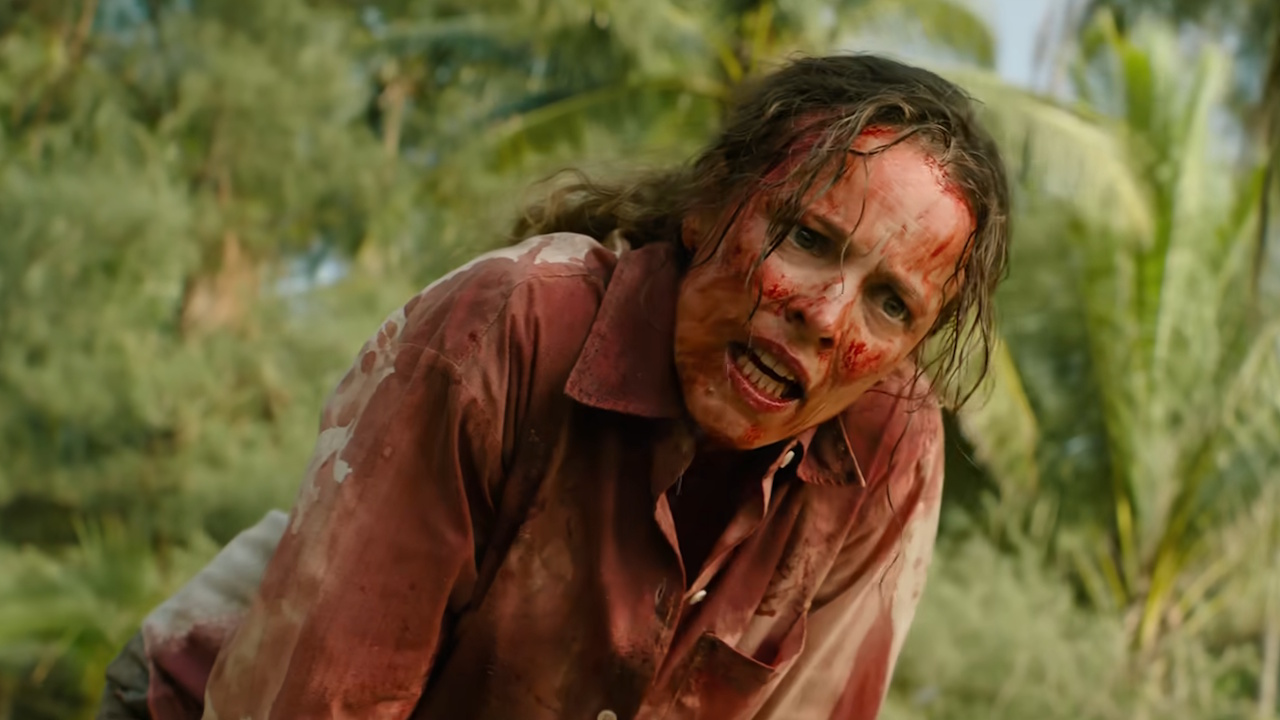5 Reasons Why Dying Light Deserves a Sequel
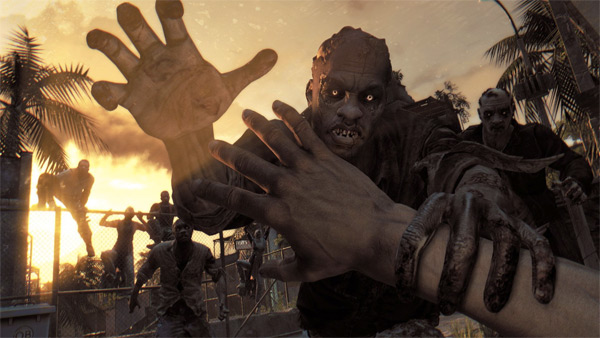
Now that the initial excitement has worn off, gamers and critics have settled into agreement over Dying Light. Even the most hardcore fan has to admit that the game isn't perfect, and Dying Light's most prominent naysayers have to admit that it isn't terrible. It's somewhere in between. It's just ok.
But Dying Light's lack of perfection shouldn't stop Techland from developing a sequel. The game isn't a technological masterpiece, but it has a handful of elements that are unique to the zombie genre. And the universe is far more interesting than most of the other zombie titles on the market.
Dying Light is a good start, a jumping-off point for an eventual sequel. Let me explain:
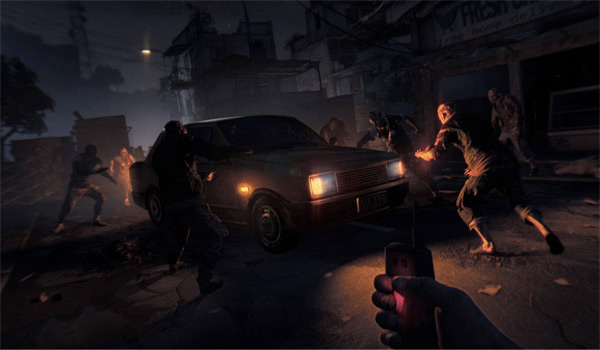
It Feels Like a Work in Progress
For the most part, I've enjoyed my time with Dying Light, but parts of the game feel unfinished. It's as if Techland didn't have time to flush out certain areas, which is understandable considering the game's scope. But these unfinished bits start to add up.
Let me give you an example: the entire gameplay mechanic is based on agility. Your character can practically fly across rooftops. But anytime you face off with a human enemy, that dexterity is thrown out the window. You end up flailing your weapons around or rolling on the ground like toddler. As you level up, the combat mechanic improves, and you learn how to dodge enemy attacks. But it never feels as fluid as the rest of the game's movement. It's stiff and wooden, as if you went to the Pinocchio School of hand-to-hand combat.
Nothing is broken, necessarily—it's subtler than that. The combat system just feels like it belongs in a different game. And Dying Light is full of little things like this, silly little elements that undermine the game's overarching purpose.
Your Daily Blend of Entertainment News
I don't know about you, but I would like to give Techland a few years to weed out these bipolar elements.
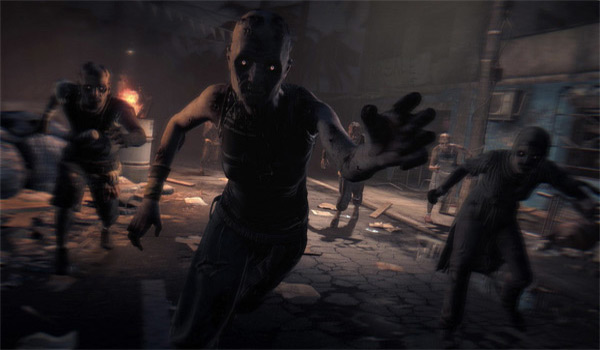
Sequels Can Improve the Franchise
Making a video game isn't an exact science, and sometimes a developer has to compromise due to budgetary or timeline restrictions. Dying Light's release date was originally slated for 2014, but Techland delayed the launch due to a "desire to innovate."
Considering that Techland wasn't able send out review copies until a few hours before the game's release, there's a good chance that the developer was working on the game until the last possible minute—unless you think the delay was on purpose, which is possible. But if Techland really was trying to innovate and just ran out of time, I'd like to think that a sequel would give the game time to percolate.
Sequels often allow developers to refine their ideas and roll them into a new package. Assassin's Creed 2, Borderlands 2 and Halo 2 accentuated their predecessors' strengths while downplaying their weaknesses. Plus, lets not forget about Super Mario Bros. 3, the first true sequel to Super Mario Bros.
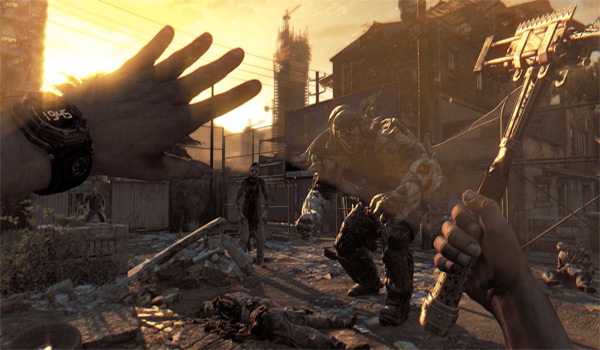
Dying Light is a Victim of Its Own Development History
When the folks at Techland started developing Dying Light back in 2012, they already had two zombie games under their belts: Dead Island and Dead Island: Riptide. Deep Silver, the publisher behind Dead Island, was looking to add another sequel to the franchise. But Techland wanted its next zombie game to be more serious in nature. So, Deep Silver and Techland parted ways, and Dying Light was born.
But Dying Light never completely abandoned its silly roots. The side missions, for instance, often have a quirkiness to them that's not found in the main storyline. And the weaponry is only slightly less ridiculous than Dead Island's.
So, the game that we're left with is very serious and mature, but it's not entirely devoid of slapstick comedy. It's schizophrenic.
Now, I'm all for comedic elements in serious games, but if they feel out of place, they subvert the central themes. And that's exactly what's happening in Dying Light. The slapstick portions of the game made me giggle, but they would have been far more comfortable in a Dead Island sequel.
A Dying Light sequel would give Techland the opportunity to refine the game's tone, and develop a comedic style that's more appropriate for the franchise.
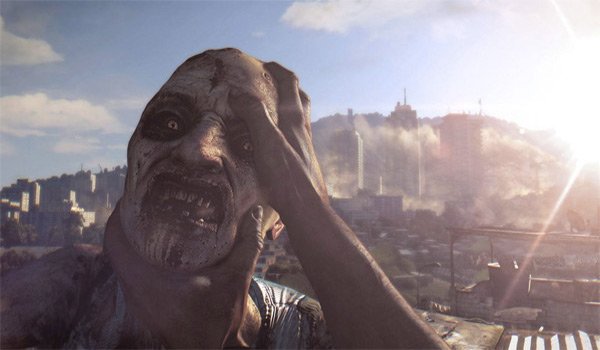
Gamers Need More Serious Zombie Games
Of all the possible Armageddon scenarios, a zombie apocalypse probably terrifies me the most. Given the choice, I would take the four horsemen or an exploding sun over an army of reanimated corpses. But this is why I love zombie games. They twist all of my evolutionary instincts into knots.
For some reason, though, zombie games are typically vehicles for slapstick comedy. Dead Rising and Dead Island are two of the most obvious examples, but Lollipop Chainsaw and the Nazi Zombies from Call of Duty also come to mind.
But there are more than enough zombie fanatics to support both styles. Games like DayZ and The Evil Within are doing well with a dramatic approach, but I would really love to have a few more choices in the dramatic category.
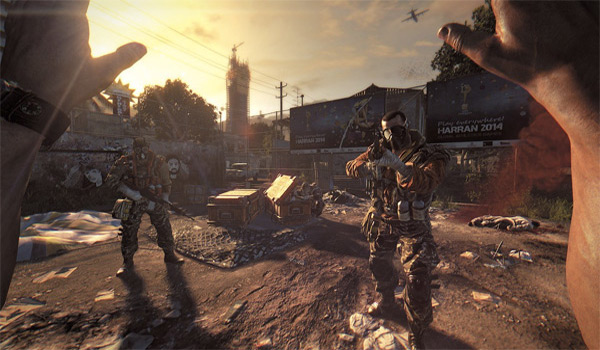
When Dying Light is good, it's really good.
Several components in Dying Light felt so generic that part of me wondered if Ubisoft had a hand in the development. The storyline, the missions, and the weapon system were unapologetically lifted from other RPG-inspired first-person shooters. And do we really need another game that forces players to unlock radio towers?
No. No we don't.
But many of Dying Light's central components felt fresh. It has some of the best zombie interaction that I've ever seen, and the nighttime sequences are genuinely nerve-racking. Even when compared to dramatic games like The Walking Dead and Resident Evil, Dying Light's zombies have more personality. Those Volatiles are terrifying.
And even though parkour is popular these days, it felt appropriate in Dying Light. In a real-world zombie apocalypse, high altitudes would be the safest. So, Techland's primary gameplay mechanic couldn't have been more appropriate.
